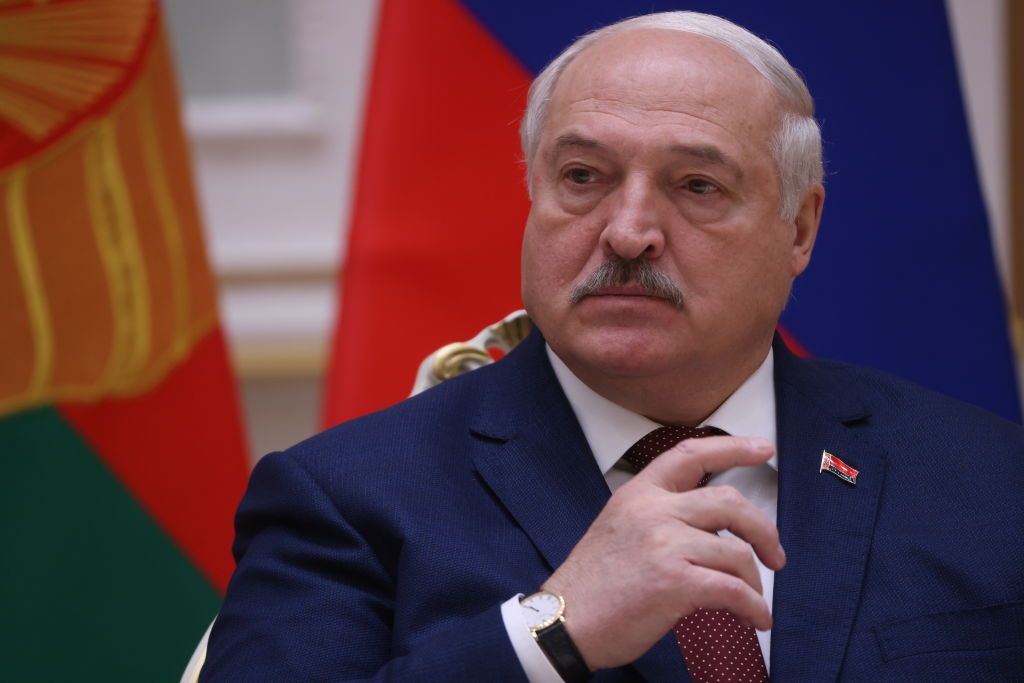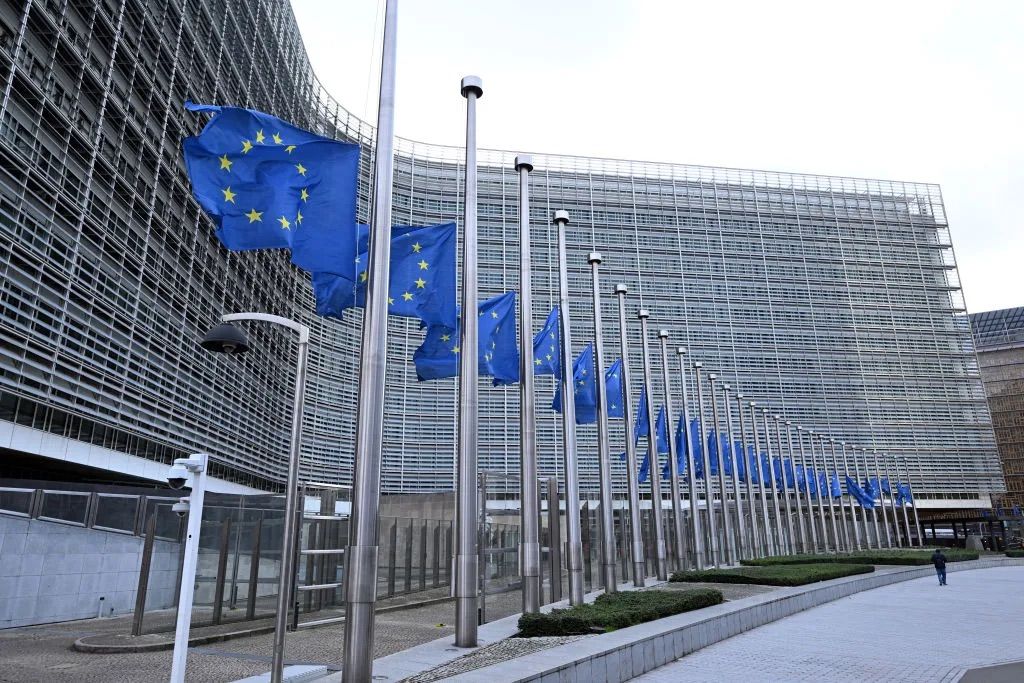The EU imposed fully fledged sanctions on Dec. 16, including asset freezes and visa bans, on Chinese firms for supplying Russia's military for the war against Ukraine. The bloc has also added North Korea's defense minister to its sanctions blacklist after the secretive state sent troops to Russia to reinforce its military.
The move — part of the EU's 15th round of sanctions during the full-scale invasion of Ukraine — represented an effort to tackle the crucial role allegedly being played by China in keeping Russia's war machine going.
The EU said it was blacklisting four Chinese companies for "supplying sensitive drone components and microelectronic components" to the Russian military, according to AFP.
Two other firms and one Chinese businesswoman were hit for circumventing EU sanctions aimed at stopping equipment flowing to Moscow.
Among the companies was Xiamen Limbach, alleged to have supplied engines for long-range attack drones used by Russia against Ukraine.
The EU has previously targeted Chinese firms for supporting Russia's military. But until now, the bloc has imposed bans on European firms doing business with Chinese companies rather than the tougher sanctions now being applied.
The EU also took aim at North Korea in the latest package after Pyongyang dispatched troops for Russia to fight Ukraine.
The 27-nation bloc added defense minister No Kwang Chol and deputy chief of the general staff Kim Yong Bok to a number of North Korean officials already blacklisted.
Ukraine's military intelligence (HUR) reported that at least 30 North Korean soldiers were killed or wounded during assault operations near the villages of Plekhovo, Vorozhba, and Martynovka on Dec. 14-15.
North Korean soldiers have been stationed in Kursk Oblast since October, initially taking on support roles. Their recent involvement in ground assault operations highlights the growing military cooperation between Pyongyang and Moscow amid the ongoing war in Ukraine.














